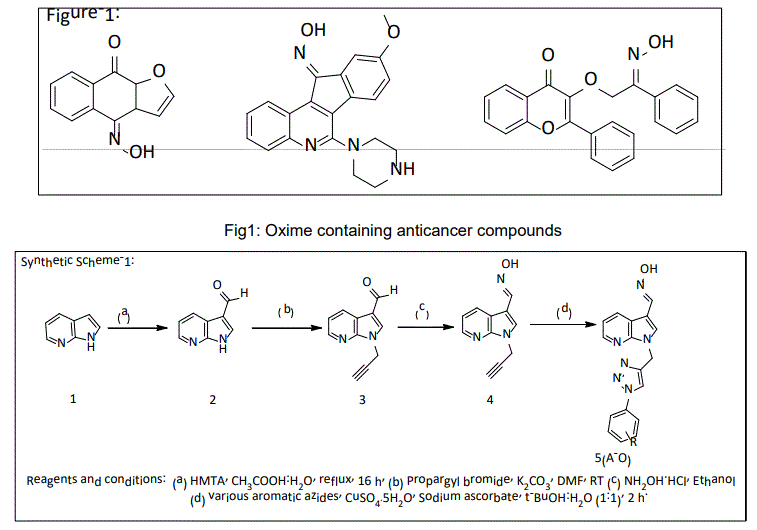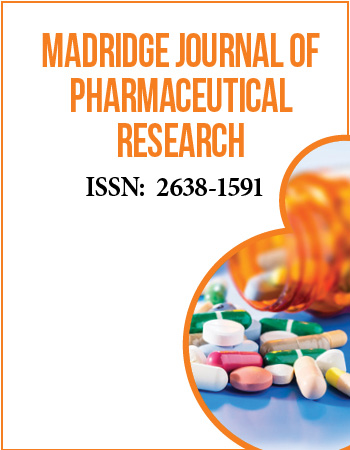International Conference on Medicinal and Pharmaceutical Chemistry
December 5-7, 2016 | Dubai, UAE
Synthesis and biological evaluation of 7-azaindole derivatives as anticancer agents
Department of Chemistry, Birla Institute of Technology and Science, Pilani, India
Cancer is a class of genetic disease caused by disregulation of various cellular pathways that orchestrate cell growth and death. Chemotherapy is the major technique to treat various types of cancers. Unfortunately it is associated with severe side effects. To improve the drug selectivity, researchers started exploring several new avenues and combination oftwo or more pharmacophores is one such approach.
Azaindoles and 1,2,3-triazoles are imperative class of heterocyclics and play a major role in medicinal chemistry. Several of these were found to have anti-cancer and anti-angiogenic properties. Several pharmacophores like naphthofuranones, methoxyphenyl oximes, and piperazinylindenoquinolinone having oxime (hydroxylamino) as a functional group display very good anticancer activity (Fig 1). A series of novel 1, 2, 3-triazole derivatives of 7-azaindole (5A-O) were synthesized (Scheme 1) and screened for their in vitro cytotoxicityagainst MDA MB-231(breast), A549(Lung) and HeLa(cervical) cancer cell lines, by sulforhodamine B assay method. All the synthesized compounds exhibited antiproliferative activity with GI50 values ranging from 0.12 to 9.84 µM. It is observed that, majority of the compounds displayed significant growth inhibition on A549 and MDA MB 231 cancer cell lines as compared to HeLa cancer cell line. Compounds 5d and 5k showed potent activity against A549 with GI50 values 0.12 µMand 0.16 µM while the positive controls, doxorubicin and paclitaxel demonstrated the GI50 in the range of 0.01-0.09 µM and < 0.01-0.023 µM respectively. These derivatives were also subjected to molecular docking study to investigate the mode of binding by using ALK (Human anaplastic lymphoma kinase) enzyme using Schrodinger suite 2013.

Biography:
Surendar Chitti have completed my masterʼs degree in organic chemistry (2006) from Kakatiya University, Telangana, India. After that, he worked as research chemist at various R&D centers situated in India. Overall he has 8 years of industrial R&D experience. Presently, he pursuing his PhD with Prof. K.V.G. Chandra Sekhar at BITS Pilani Hyderabad Campus, Telangana, India.


